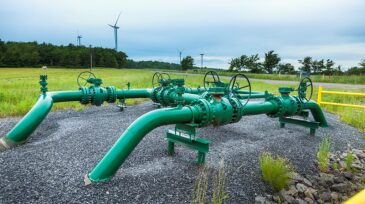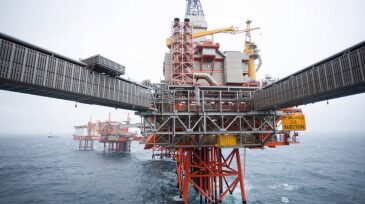net zero
-
The partnership aims to speed up the decarbonization of seven global industries representing 30% of global emissions, which include steel, trucking, shipping, chemicals, cement, aluminum, and aviation.
-
The UN says the 2020 Climate Action Summit delivered a surge in progress toward climate goals.
-
Petrobras is pledging a 25% cut in carbon emissions by 2030, but that hasn’t stopped Chief Executive Officer Roberto Castello Branco from dismissing pledges by peers to completely neutralize their carbon footprints 2 decades later.
-
As it reaches for net-zero emissions, the company said its operations offshore Norway remain central to its long-term strategy.
-
Shell's CEO said the Dutch supermajor has "too many layers" and that the move to downsize will help ensure its future. As a result, at least 9,000 people are expected to leave the oil and gas producer between now and 2022.
-
The companies say they will expand their existing technology collaboration to create and deliver solutions to help customers, suppliers, and other businesses lower emissions.
-
Through a combination of reducing operational emissions and offsetting projects, the shale-gas producer has set a new benchmark for its sector.
-
Supermajor announces actions to achieve net-zero ambition and reshape business. It also noted that it will not seek to explore in countries where it does not already have upstream activities.
-
Despite the global downturn, the long-term transition to net zero presents a major opportunity to create new multibillion industries based around the North Sea. Cross-sector collaboration and major state/private sector intervention, together with strong leadership, will be key.
-
World energy is at a “pivotal moment,” says BP CEO in annual statistical review, which reveals contrasts, challenges in energy consumption, production, and emissions.










